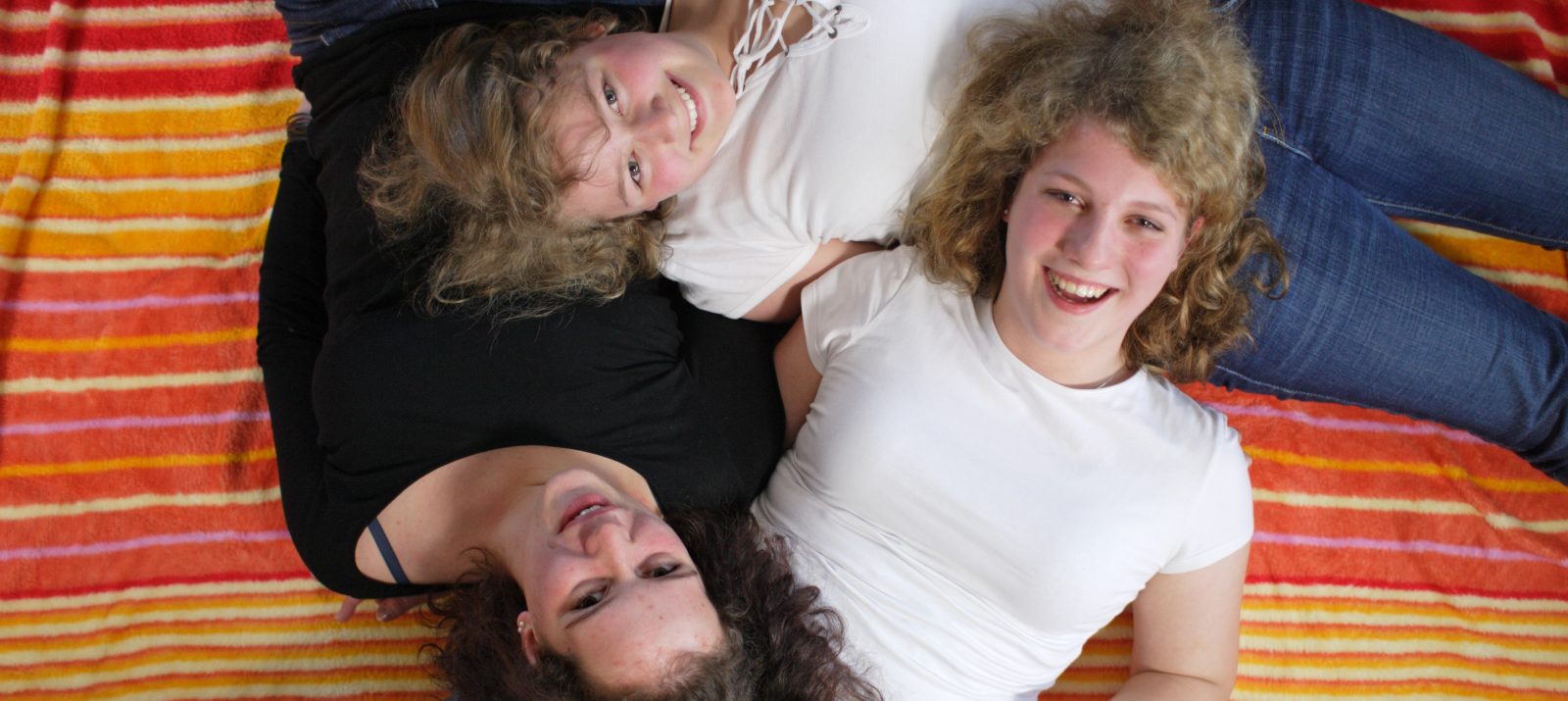
Self-discovery plays a major role during puberty. That’s why likes on the latest photo on Instagram or video on TikTok equal confirmation and recognition. Influencers serve as role models. However, the perfectly staged and edited images of the Instagram make-believe world can have a negative effect on satisfaction with one’s own body. Body positivity is the name of a movement on the web that aims to make different images of bodies visible.
Body positivity does not mean always having to find yourself and others beautiful. Rather, it’s about not feeling bad about your own body because of the bodies portrayed in the media. This is because most people do not conform to the standard of beauty set by the media in particular. Body Positivity wants to show that beauty can be perceived very differently.
You rarely see fat people or people with disabilities on magazine covers. Also, people with dark skin are not the rule, as well as women who do not have smooth legs and tight skin. But not only in magazines or on news sites on the net, also in many series and movies the actors and actresses correspond to a very strict beauty ideal.
It seems to be the same on social networks like Instagram to be. The Body Positivity movement wants to show different people who are often left out of the media. Such images are tagged with the hashtags #bodypositivity #teambodylove or #formorerealityoninstagram. They are intended to draw attention to the fact that an unrealistic image of beauty prevails in the media and to create awareness of the diversity of our society.
Young people in particular are strongly influenced by the mostly edited images on Instagram. They get the feeling that their own body is not normal because it does not correspond to the image from the social networks. The pressure is increasing to upload even perfect images. Through apps and filters, many rework their images. Unfortunately, this leads to the fact that hardly any real bodies can be seen on Instagram. A vicious circle that Body Positivity wants to change. Serious psychological problems, such as eating disorders, can also result in some individuals, as they have not yet developed a stable personality.
Help your child feel comfortable in his or her body. Get your daughter or son’s role models on Instagram,YouTube and the like and talk about how these people present themselves there and how realistic the portrayals really are. Deliberately show your child influencers, movies and series that don’t fit the typical stereotypes.
Even if your child does not have model measurements, it does not mean that he is abnormal. Of course, you can motivate your child to eat healthy and exercise. It’s best to set a good example. But don’t teach him that you necessarily have to be thin to feel beautiful. Body positivity helps us to perceive the diversity of people as something beautiful.
No one is free from prejudice. Sometimes it helps to be aware: Am I or my child using words like gay or disabled in a pejorative way? Why do we do this and how does it make others feel?